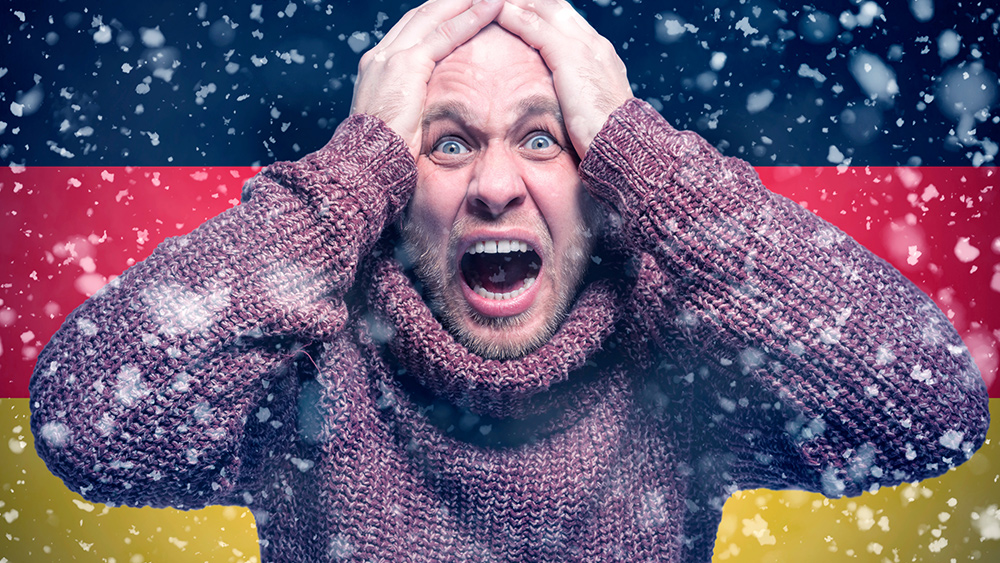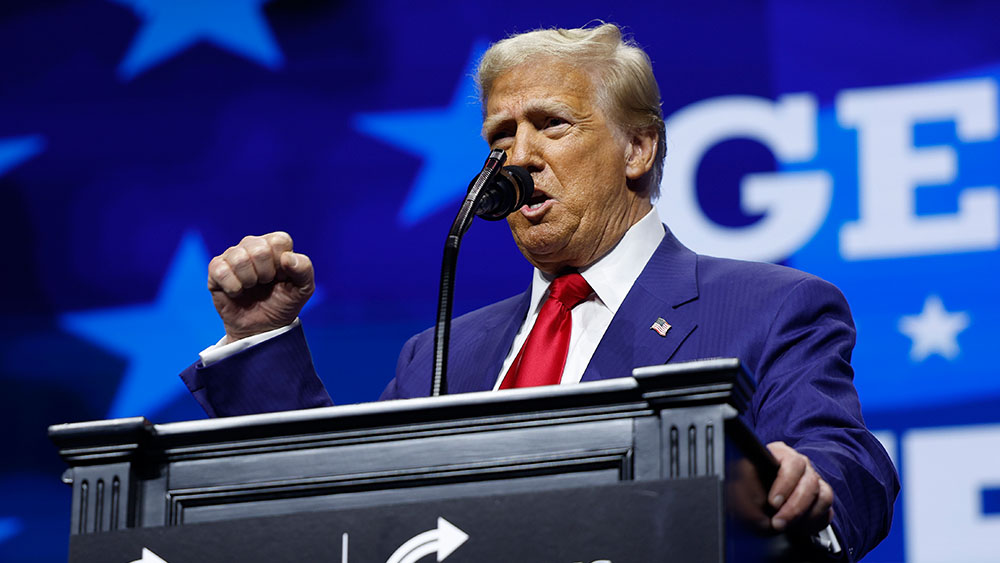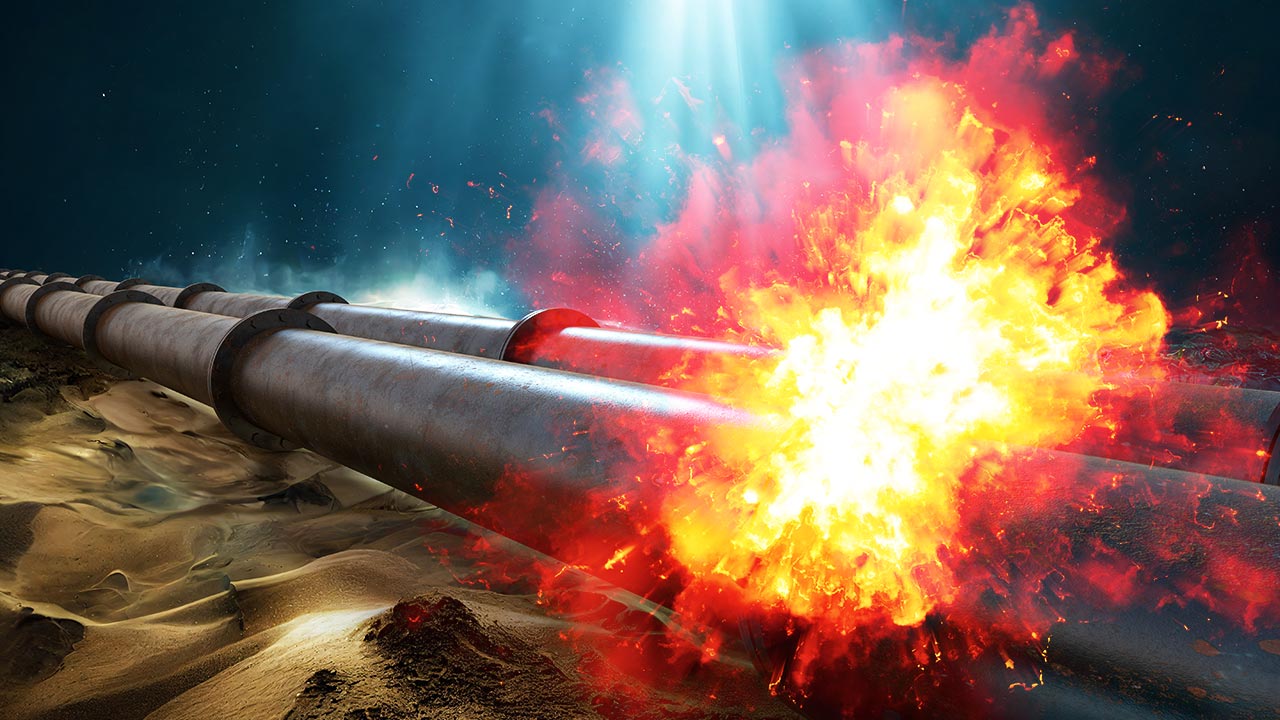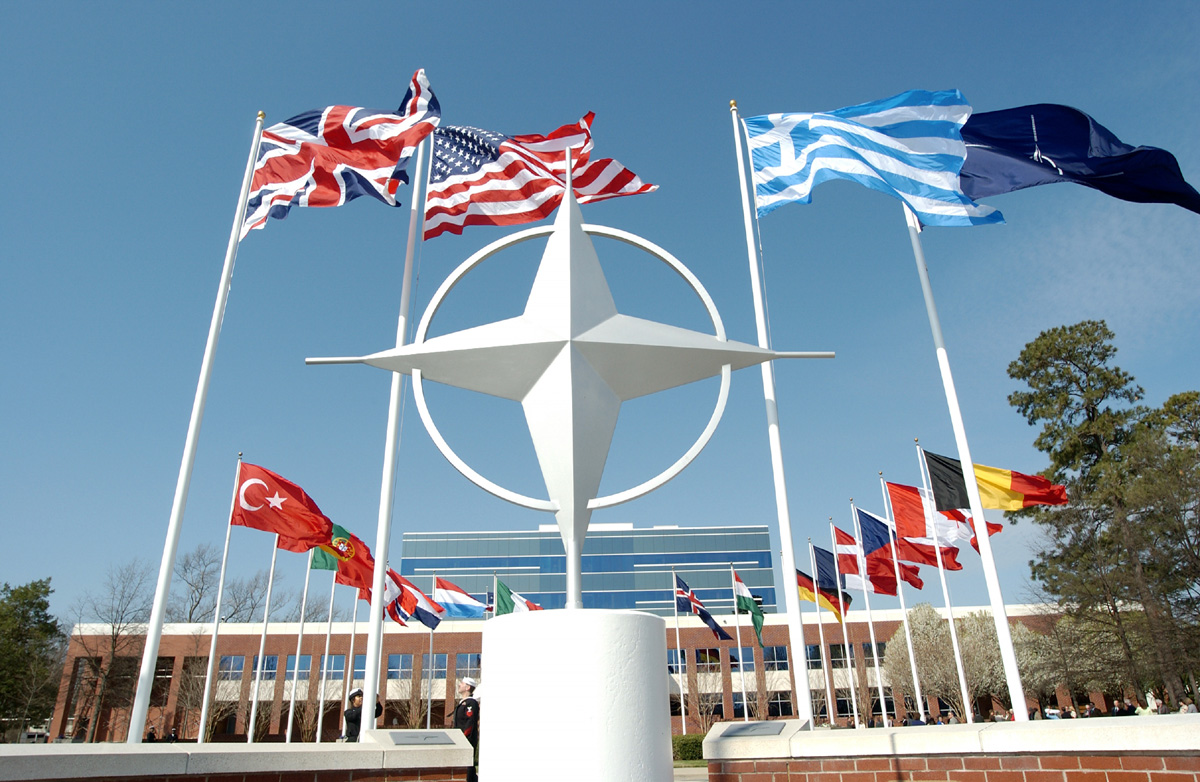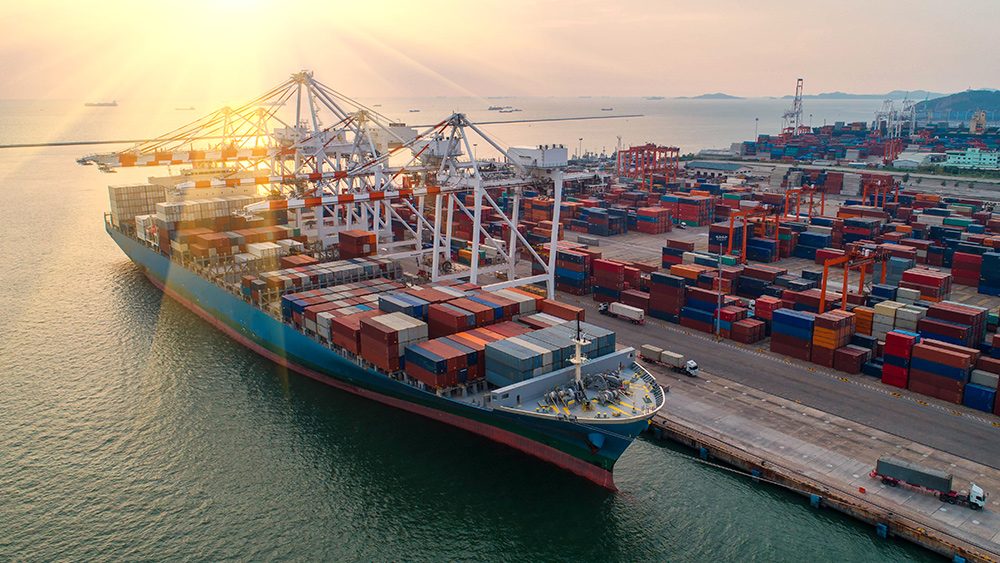Telegram’s Pavel Durov: EU has stricter media controls than Russia
01/07/2025 / By Ramon Tomey
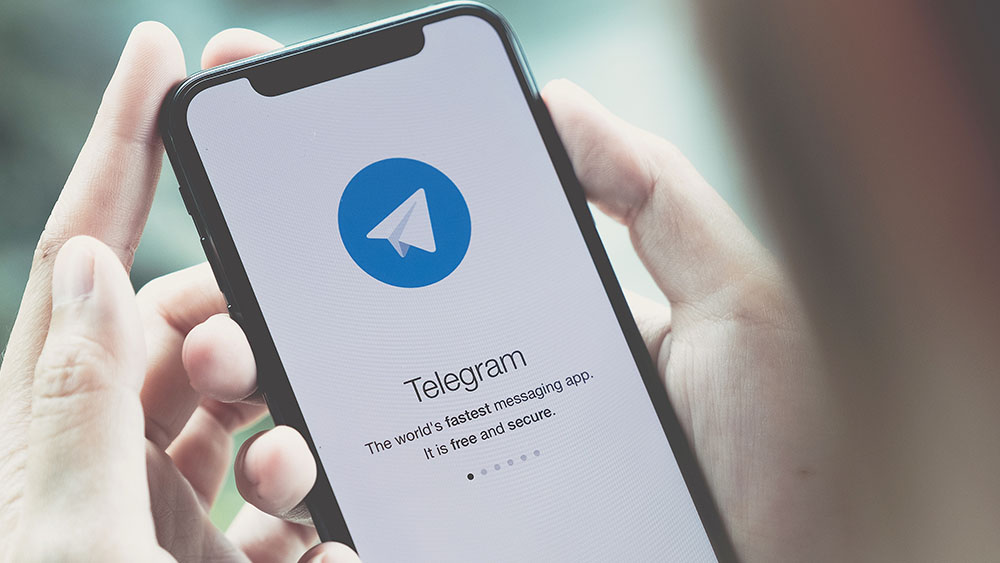
- Russia, often criticized for censorship, finds itself in a more democratic position regarding media freedom on Telegram compared to the European Union.
- The EU’s Digital Services Act and sanctions have led to the blocking of major Russian news outlets across Telegram.
- Ironically, Russian Telegram users can access Western news outlets freely, while European users are increasingly restricted from accessing Russian media.
- Russian officials, such as Maria Zakharova of the Russian Foreign Ministry, have condemned these actions as attacks on press freedom and are calling for international bodies like the UN to intervene.
- The remarks by Telegram founder Pavel Durov highlight the paradox of Western democracies implementing stricter media controls than authoritarian states like Russia, and raise questions about digital freedom and press rights.
In a twist of irony, Russia, often criticized for its alleged authoritarianism and censorship, finds itself in a more democratic position than the European Union regarding media freedom on the messaging platform Telegram.
Pavel Durov, Telegram’s founder, highlighted this discrepancy in a recent New Year’s message. He noted that while Western media channels remain accessible in Russia, major Russian news outlets have been blocked across the EU.
This observation is particularly poignant against the backdrop of the ongoing conflict between Russia and Ukraine, which has led to a series of sanctions and media restrictions imposed by the West. The EU’s Digital Services Act (DSA) and subsequent sanctions have resulted in the blocking of numerous Russian media channels on Telegram, including RIA Novosti, Izvestia and Rossiya 1. These restrictions vary from country to country within the EU.
The contrast is stark: Russian Telegram users can still access and engage with Western news outlets without hindrance, while European users are increasingly finding themselves cut off from a significant portion of Russian media. This situation not only raises questions about the efficacy of censorship as a means of influencing public opinion but also highlights the complex and often contradictory nature of digital freedom in the modern era.
Russian officials have been quick to condemn these actions, viewing them as a formalization of the West’s efforts to suppress dissenting voices. Maria Zakharova, spokeswoman for the Russian Ministry of Foreign Affairs, has called for a robust response from international bodies like the United Nations.
Moscow’s stance is that these restrictions are an attack on press freedom and an attempt to control the narrative around the Ukraine conflict. As Russian Sen. Aleksey Pushkov put it, the censorship of his country’s news outlets in the West “is a continuation of the effort to create an informational iron curtain between Europe and Russia.”
Durov’s remarks highlight irony of the digital age
In response to these developments, Durov has been at the center of a legal storm. The Telegram co-founder, who holds citizenship in several countries including France, has faced numerous criminal charges, including allegations of complicity in distributing child pornography, drug dealing and money laundering. These charges, which Durov denies, have been met with skepticism and criticism from his supporters, who view them as politically motivated. (Related: Trumped-up charges against Telegram CEO Pavel Durov revealed: False accusations of drugs, child porn and more.)
The irony is not lost on observers. While the West often accuses Russia of totalitarianism and censorship, the EU’s Digital Services Act and related sanctions are creating a more restricted media environment than the one in Russia. This situation raises important questions about the principles of free speech and press freedom in the digital age.
As Durov noted, “Who would have thought that in 2025 Russian Telegram users would enjoy more freedom than Europeans?” This statement encapsulates the paradox at the heart of the current media landscape: in their efforts to control the narrative, Western democracies may be inadvertently creating the very conditions they criticize in authoritarian regimes.
The implications of this situation extend beyond mere irony. They challenge the assumptions that underpin many discussions about digital freedom, press rights and the role of international bodies in regulating the internet. As the debate around digital censorship continues, it is clear that the lines between democratic and authoritarian practices are becoming increasingly blurred. The ultimate question remains: Is censorship ever a legitimate tool for shaping public opinion, or does it merely serve to undermine the very principles of free speech and press freedom that these actions claim to protect?
Head over to Censorship.news for more similar stories.
Watch Russian Foreign Minister Sergey Lavrov pointing out that the August 2024 arrest and detention of Pavel Durov in France proves that Telegram is “reliable and truly protected.”
This video is from The Prisoner channel on Brighteon.com.
More related stories:
‘Russian propaganda’ is the latest excuse to expand censorship
Greenwald: Western censorship of Russia is excessive and counterproductive.
Russia says U.S. waging war on free speech after new sanctions imposed on RT.
Telegram CEO Pavel Durov’s arrest is part of the globalist assault on free speech.
Arrest of Telegram founder reveals the real totalitarians are Western countries, not Russia.
Sources include:
Submit a correction >>
Tagged Under:
banned, biased, big government, censorship, Digital Services Act, European Union, First Amendment, free press, freedom, intolerance, journalism, liberty, messaging app, news outlets, obey, Pavel Durov, Russia, Russia report, suppressed, Telegram, tyranny
This article may contain statements that reflect the opinion of the author
RECENT NEWS & ARTICLES
COPYRIGHT © 2022 RussiaReport.news
All content posted on this site is protected under Free Speech. RussiaReport.news is not responsible for content written by contributing authors. The information on this site is provided for educational and entertainment purposes only. It is not intended as a substitute for professional advice of any kind. RussiaReport.news assumes no responsibility for the use or misuse of this material. All trademarks, registered trademarks and service marks mentioned on this site are the property of their respective owners.


